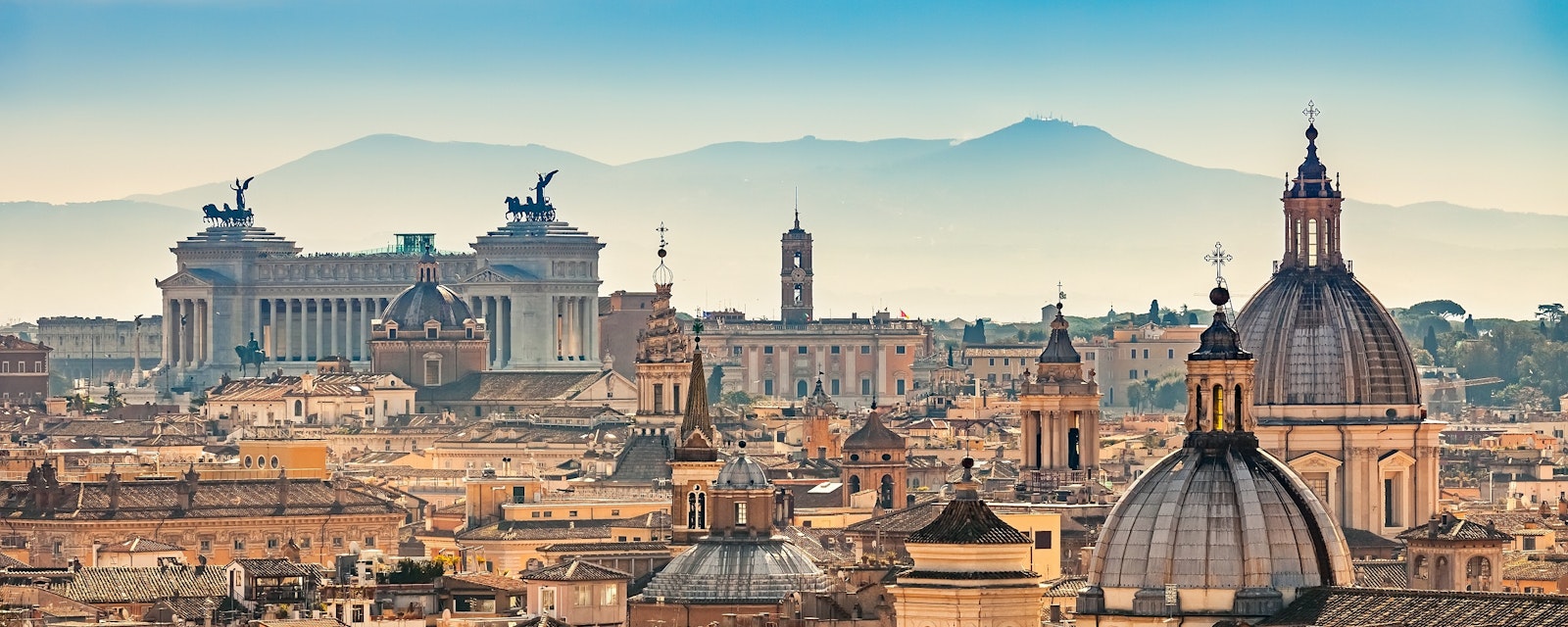Giorgia Meloni is poised to become Italy's first female prime minister after leading a right-wing alliance to a solid victory in the 25 September parliamentary election. With the vote count still in progress, the rightist bloc is set to claim just over 44% of the vote, securing a comfortable majority in both chambers of parliament.
This is, first and foremost, a victory by Georgia Meloni. Not only the did rightist bloc win the election with a substantial margin (around 18 percentage points) over the center-left, but also her own Brothers of Italy (FdI) annihilated its allies. FdI is expected to gain just above 26% of the vote, up from just 4.3% in the last national election in 2018. In contrast, Meloni's coalition partners Matteo Salvini's League and former premier Silvio Berlusconi's Forza Italia are well behind her, with 8.9% and 8.3%, respectively.
All in all, it was a solid victory but not an outright triumph for the rightist bloc, mainly due to the League's poor performance. It is also worth noting that turnout fell to a historic low of around 63.9%, about nine points lower than the last elections in 2018. The outcome of the vote also confirms that the Italian electorate remains fickle. Regarding individual vote switching, it is estimated that yesterday around 30% of the voters voted for a different party than in 2018. Only the 1994 and 2013 elections have registered higher electoral volatility since 1948.
Looking ahead, the key question is whether Meloni, as PM, will continue to pursue the careful and audacious balancing act that has allowed her to enjoy a meteoric rise over the past few years. On paper, the conditions are favorable for such a course of action and offer her the opportunity to further consolidate the conservative bloc. A beaten-down Salvini could make plenty of noise to try to save his party leadership, but his room for maneuver is limited. The League just saw its support crumble to 8.9%, down from more than 17% four years ago, and was overtaken by FdI in all its traditional hardcore constituencies, including Lombardy and Veneto. As for Berlusconi's Forza Italia, the party did better than expected but still suffered a significant loss of support (it gained 14% in 2018), and the former prime minister will turn 86 later this week.
Yet, both the League and Forza Italia will be pivotal for the stability of the next government, making it crucial for Meloni to compromise to keep her allies onboard. Recall that the rightist bloc is essentially an electoral coalition, and its policy stance on domestic and international issues was never clarified. Day-to-day horse-trading will be the main feature of the next government rather than pursuing a well-defined coalition agreement.
The disastrous performance by the PD will likely force its leader Enrico Letta to resign. This means that the center-left party will be absorbed with its internal machinations, limiting its ability to mount an effective opposition to Meloni's government for some months.
The composition of the new cabinet (likely to be unveiled in 25-30 days) could provide the first indication of Meloni's willingness to compromise and pursue a moderate policy stance.




